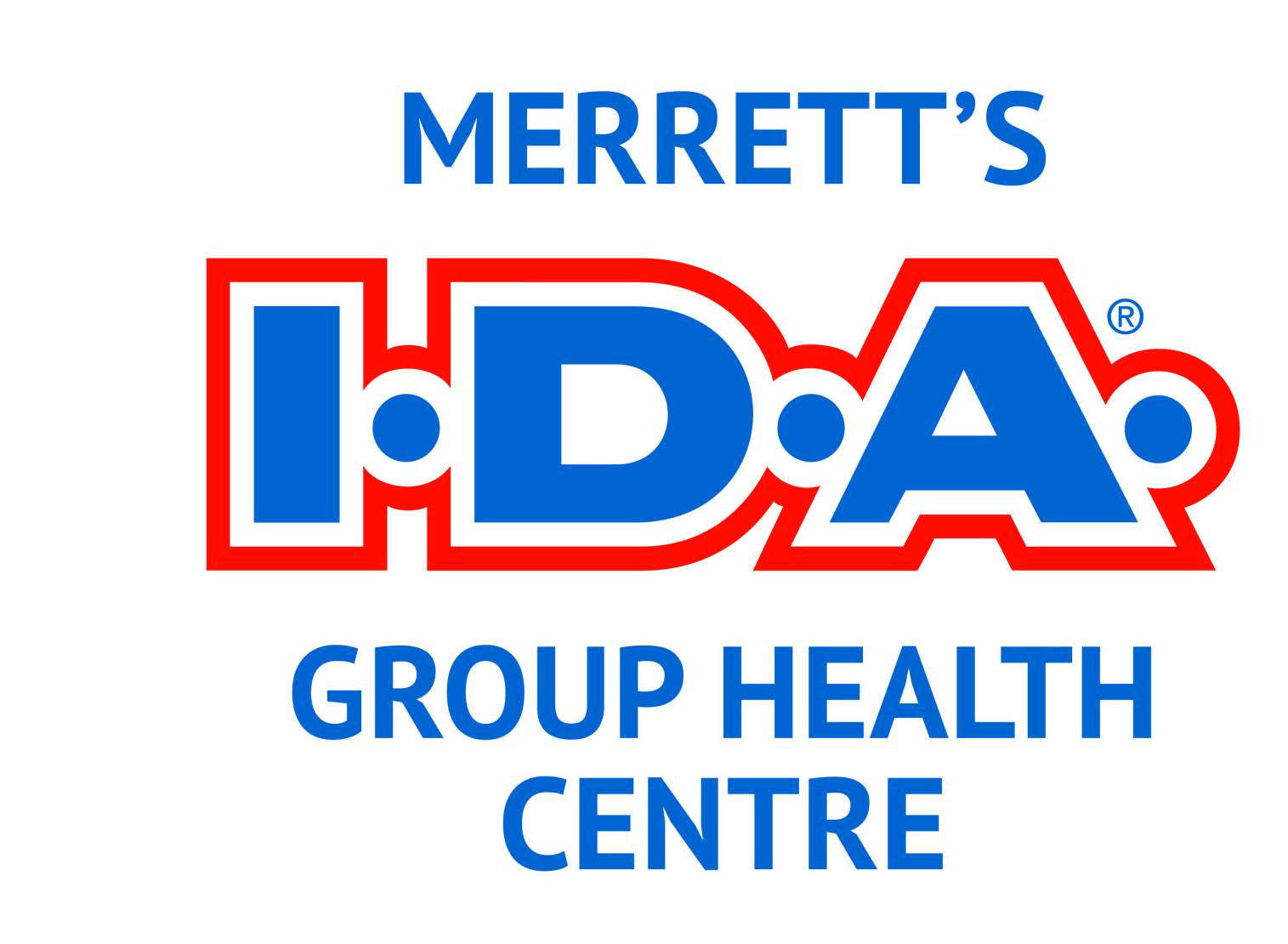If the doctor has prescribed a treatment, your pharmacist will be there to provide guidance throughout the process. In addition to giving advice if any adverse side effects arise, he or she will ensure there is no incompatibility between the medication prescribed for dementia and any other medication the person is taking. Consult the pharmacist before purchasing an over-the-counter medication or natural health product as many products are not suitable for people suffering from dementia.
If your loved one is taking more than one medication, talk to their pharmacist to synchronize their medication renewal dates. This will save you repeated trips to the pharmacy and make it easier to manage their medications.
Your pharmacist can also assist you in your role as caregiver, and can refer you to support networks, as needed.
